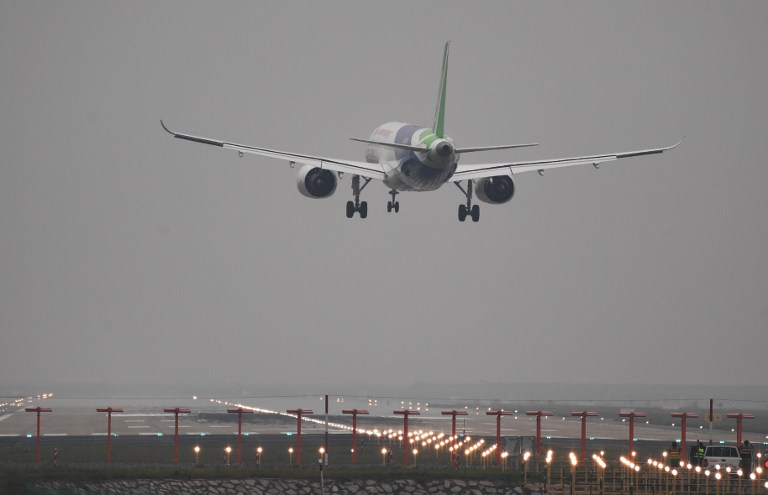
The Director General, NSIB, Akin Olateru, stated this at the closing ceremony of the Peer Review exercise of the Banjul Accord Group Accident Investigation Agency in Abuja on Friday.
According to the NSIB boss, the upcoming ICAO audit holds great significance as it will provide valuable insights into the safety status of Nigeria’s aviation sector.
He added that the audit’s findings would help identify areas that require further improvement and enable the implementation of effective measures to promote safer skies.
Speaking further, Olateru noted that Nigeria has one of the best safety records.
He said, “Nigeria will have its audit at the end of this month and our scorecard will be opened. All I can say is that Nigeria as a country has one of the best safety records because safety is measured in various ways.
“It is measured by the number of accidents, measured by number of fatal accidents, measured by the number of serious incidences and occurrences. The fewer occurrences you have, the better you are.
“There are some airlines in the world that have never recorded fatal crash and they have been around for over 100 years, so that is an indicator of safety.
“The safety record of a country can only be known through ICAO audit. It is the only way you can assess any country and we are doing our own audit in August. The report should be out by then and then the public will see our performance in terms of safety”.
Speaking on the importance of the review exercise, Olateru said it would aid investigators train others and enhance safety for the entire region.
Sharing some key findings during a review conducted by BAGAIA, the BAGAIA Commissioner, Charles Erhueh, praised the aviation authorities for their infrastructure, human resources, and overall processes. However, he highlighted the need for better documentation of these processes.
After thoroughly assessing the operations, Erhueh emphasised the importance of having well-documented processes, adding that this documentation would ensure the smooth continuation of tasks even when new personnel join the team.
“They were able to explain the process to us and we see that is a good process but it needs to be in black and white. Properly documented that is the only finding but they are doing very well.”
Despite this documentation concern, Erhueh commended the aviation authorities for their overall performance. He rated Nigeria as the peak performer in the region, considering the seven countries that form part of the Banjul Accord Group. These countries include Sierra Leone, Cape Verde, Ghana, Liberia, Guinea, Gambia, and, of course, Nigeria. In terms of air accident investigation, Nigeria stood out as one of the best in the world, demonstrating excellent practices and capabilities.
On Nigeria’s air accident rating, he said,” I will rate Nigeria as the peak of it because, in this region, Nigeria is doing very well because we have seven countries. We have Serra Leone, Cape Vade, Ghana, Liberia, Guinea, and Gambia as member states of the region.
“So Nigeria is doing very well in terms of accidents and is one of the best in the world in terms of air accident investigation. They do things very well. The challenges are as I just listed. They are doing best practices but some of these things are not well documented so are things they need to put in place. If not they are doing very well,” he added.














